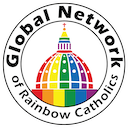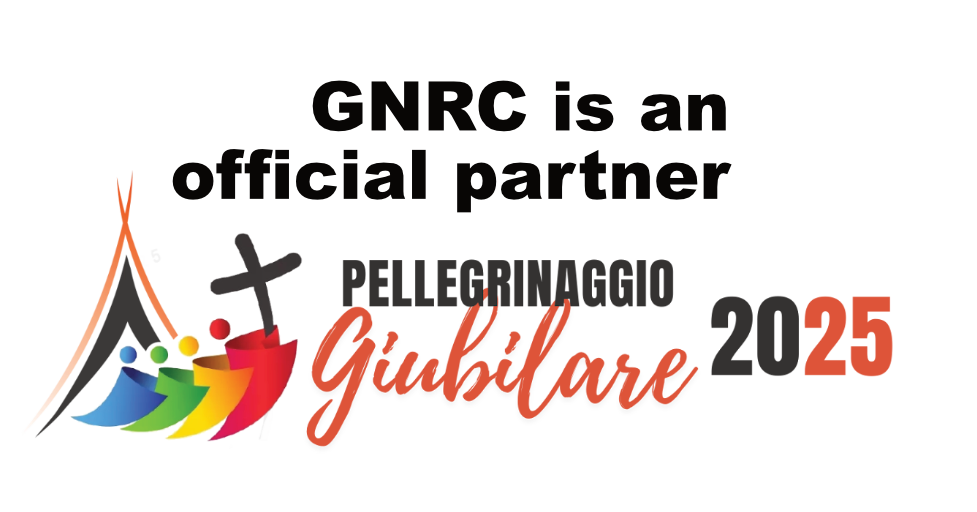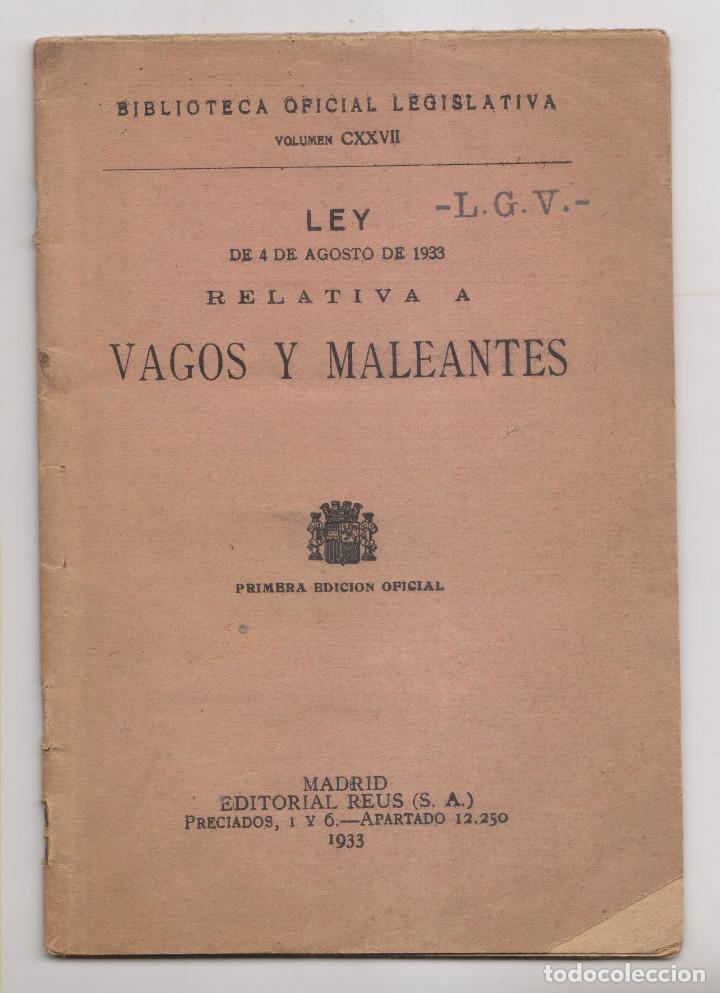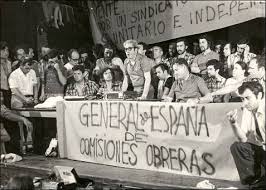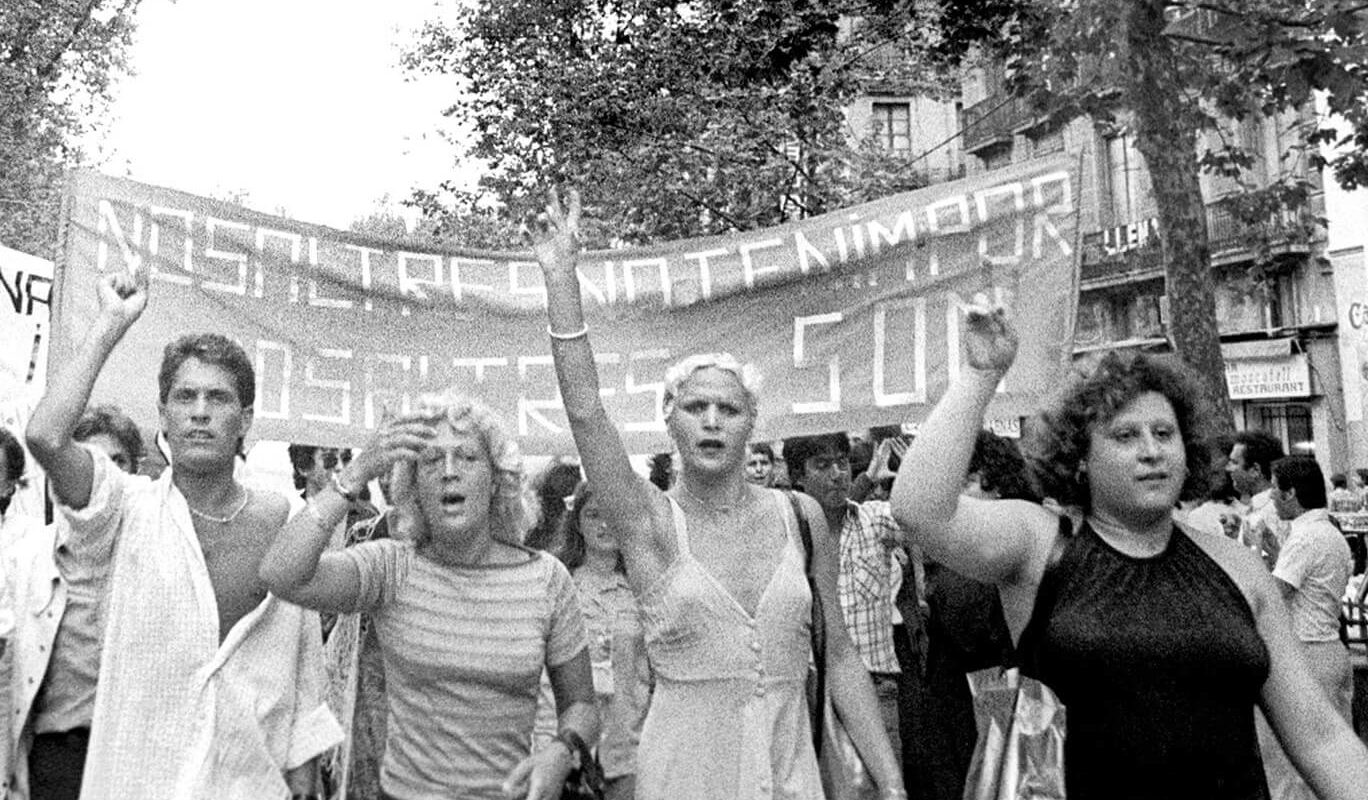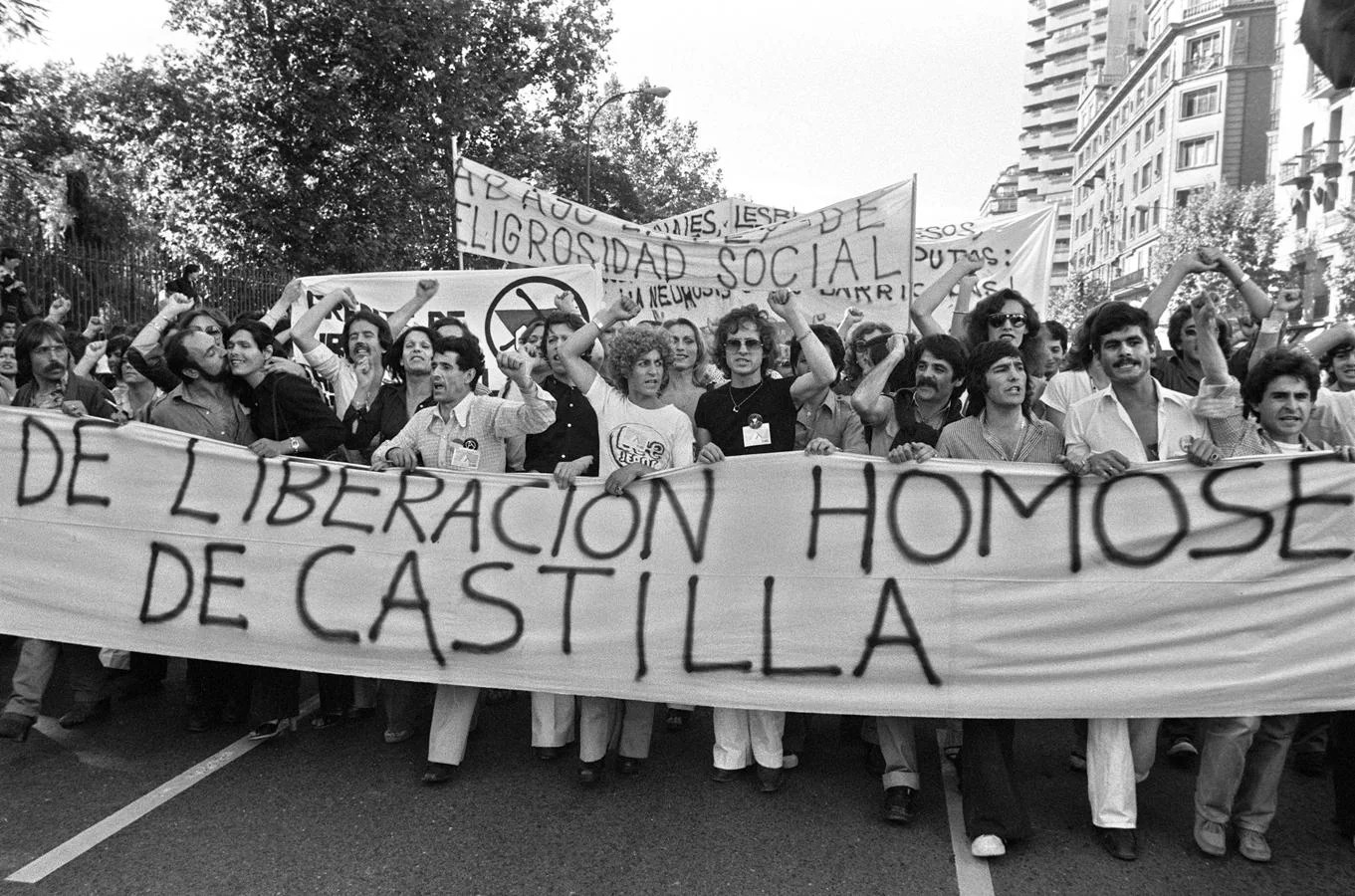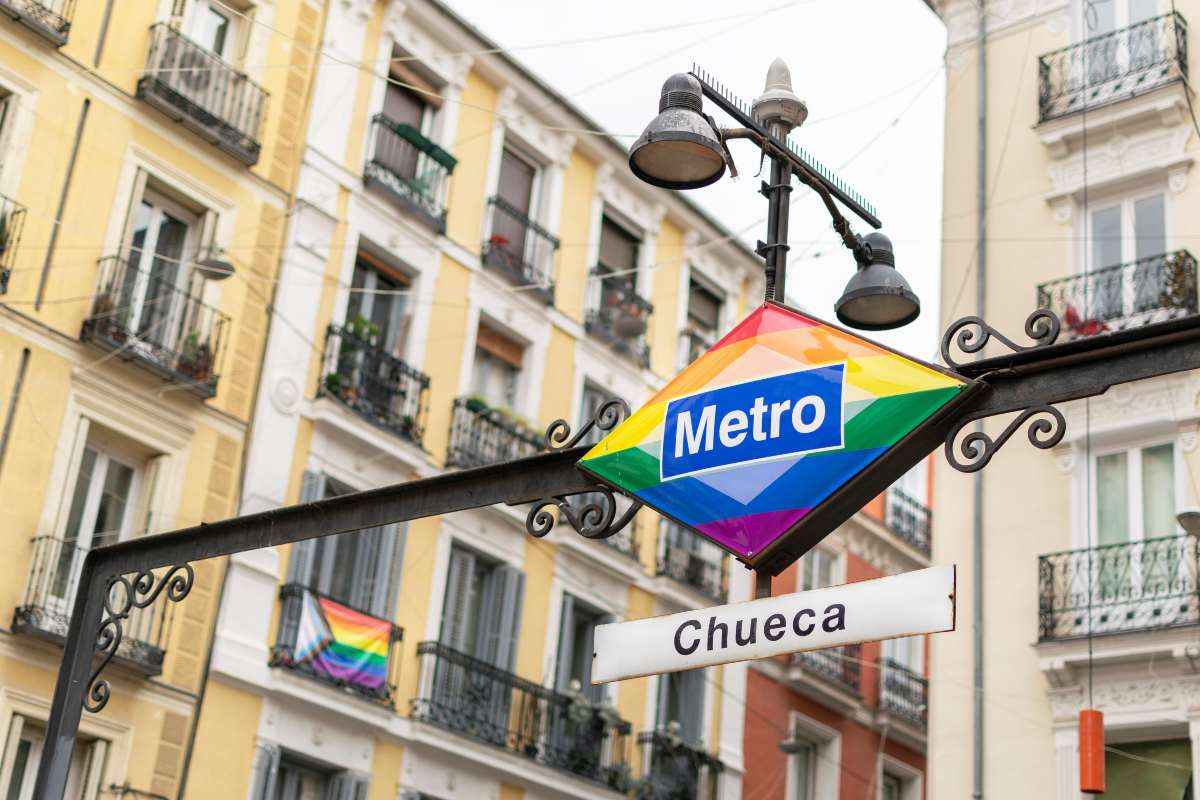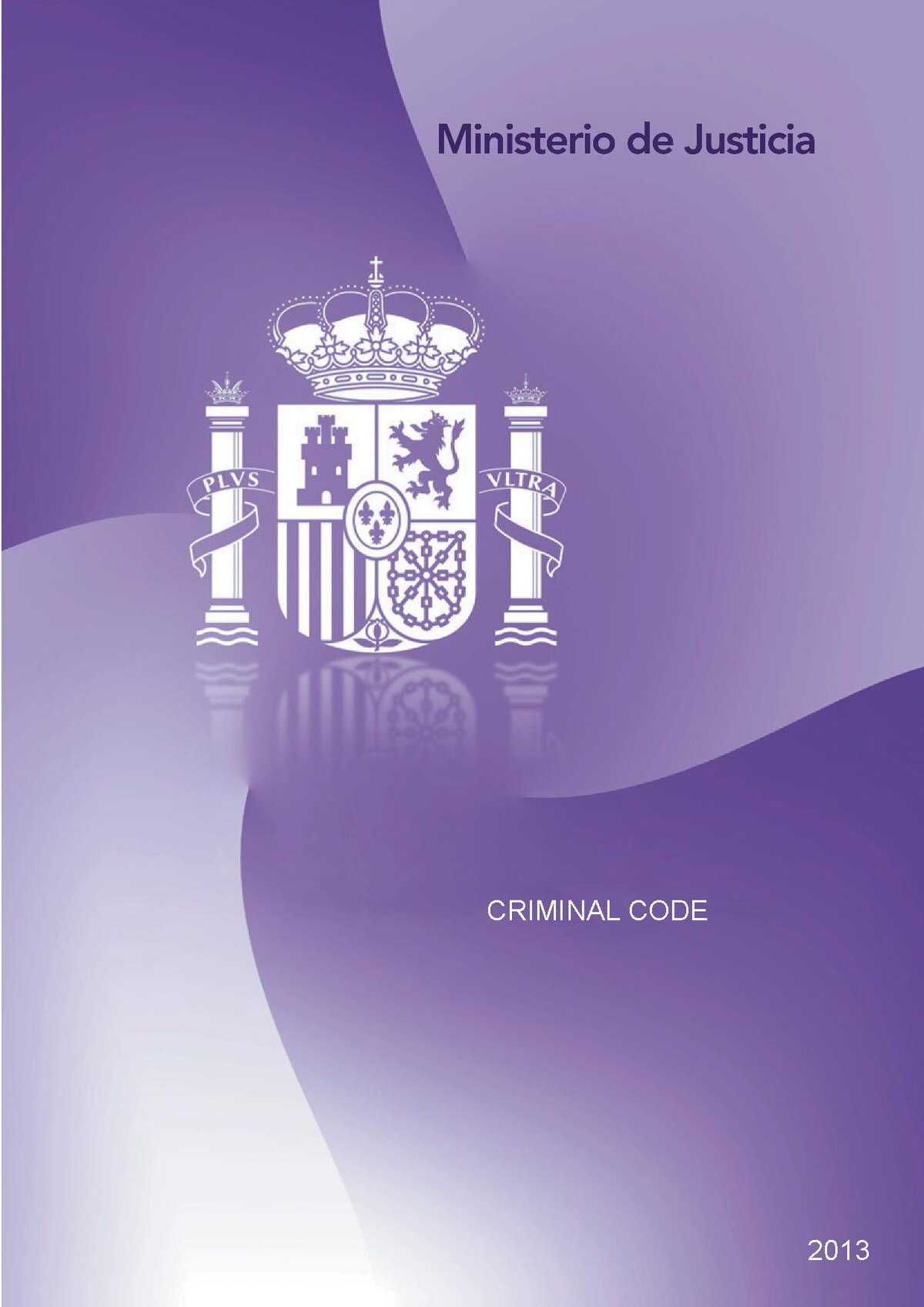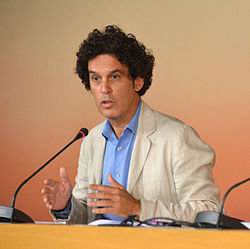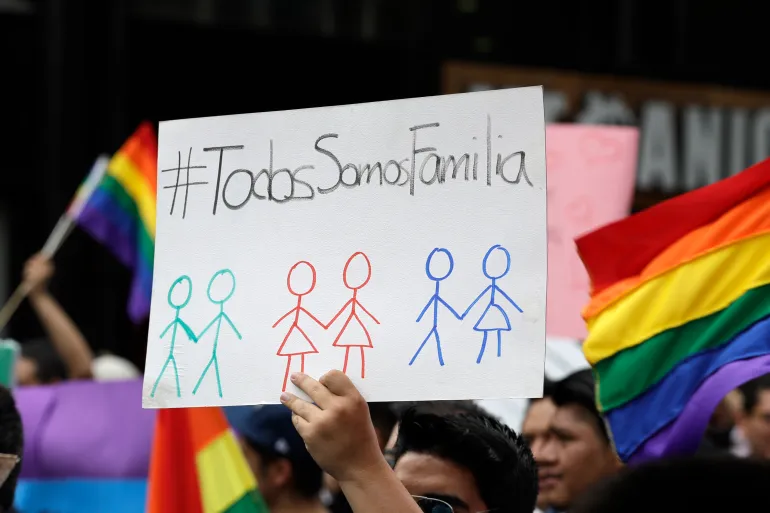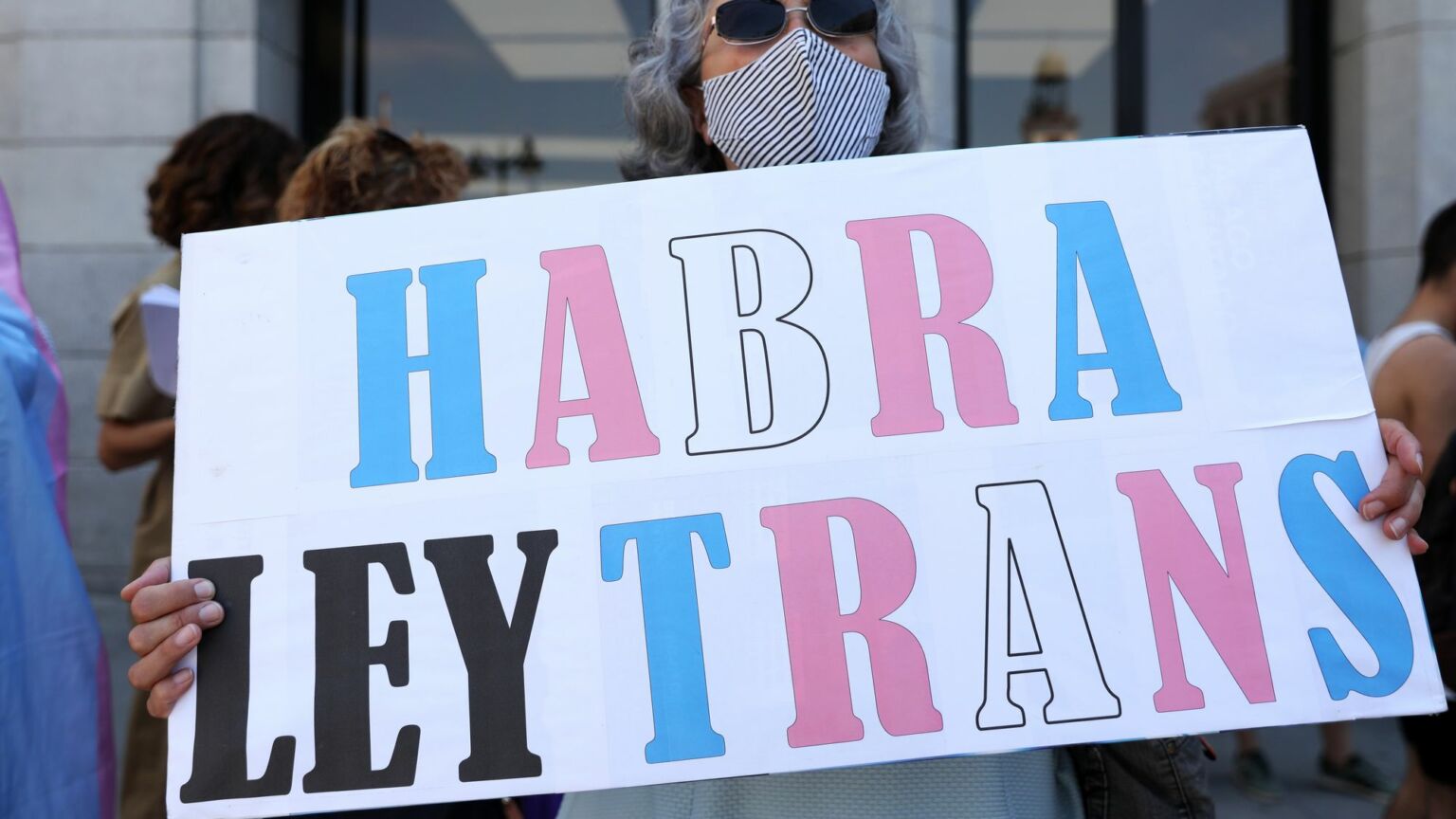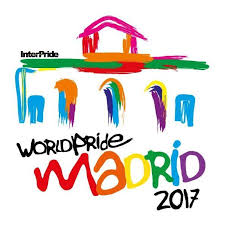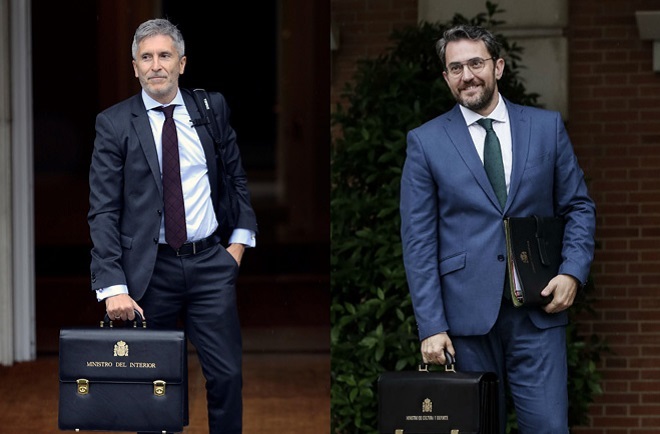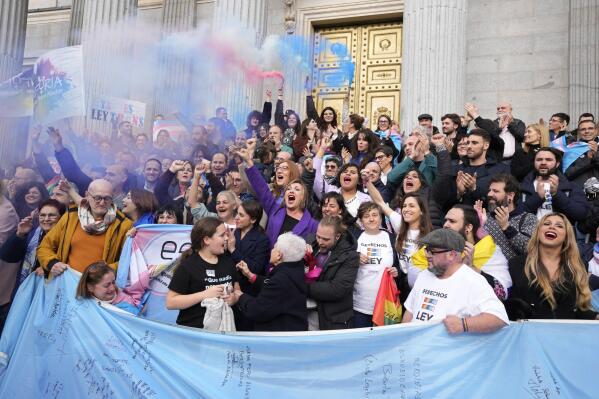
Milestones in Spain’s LGBT+ History
Empowering LGBTQ+ Catholics Worldwide
This timeline traces key moments in the struggle for LGBT+ rights in Spain, from repression under Franco’s regime to legal recognition and social inclusion.
It is a story of efforts, activism, communities, and policymakers who shaped a path toward justice and equality.
Each date marks a turning point in the ongoing story of visibility, dignity, and resistance.
Spain, once under a regime that criminalised homosexuality, became one of the first countries to legalise same-sex marriage and recognise gender self-determination.
These shifts were not isolated; they positioned Spain as a reference point in EU debates on human rights, equality, and democratic values. Activists built alliances, shaped public discourse, and pressured institutions in a country emerging from dictatorship.
What began in the margins reshaped the centre.
The legal milestones reflect a deeper political repositioning—Spain moving from repression to leadership in LGBT+ rights within the European landscape.
Spain was the third country in the world to legalise same-sex marriage, after the Netherlands and Belgium. The law passed despite fierce opposition and remains a symbol of political courage.
Did you know
Under Franco, homosexuals could be arrested under “Ley de Vagos y Maleantes” and sent to rehabilitation centres. Survivors later testified in truth commissions, reminding Spain that forgetting is a political act.
Madrid’s Chueca district, once avoided, became a global symbol of LGBT+ urban life. Its transformation shows how physical space reflects deeper shifts in societal values and belonging.
Spain’s 2023 Gender Law made legal gender change available by self-declaration. It marked a turning point: identity no longer required medical approval, just recognition.
Some numbers
Spain stands among the most accepting countries in Europe: in 2023, 88 % of Spaniards supported same-sex marriage and 89 % agreed that same-sex relationships are socially acceptable.
Approximately 53 % of LGBT+ people in Spain live openly, while significant minorities still avoid public displays of affection or certain public spaces; 21 % report workplace discrimination and 41 % have faced harassment.
Studies of youth mental health reveal heavy burdens: nearly half of LGBT+ young adults meet the threshold for depressive symptoms, and up to 17 % of those bullied have attempted suicide.
A comparative study found that Spanish gay and lesbian youth reported higher levels of everyday discrimination than peers in Italy; all stressors studied were directly associated with depression and anxiety.
Research also shows bisexual individuals in Spain report lower self-rated health and self-esteem, compared to gay and lesbian respondents, pointing to internal disparities within the community.
2025 assembly
The Global Network of Rainbow Catholics (GNRC) gathers every few years for an international Assembly—a space of encounter, reflection, and shared strategy among LGBT+ Catholics and their allies from across the world. The 2025 Assembly takes place in Madrid, bringing together voices from every continent to explore faith, justice, and inclusion in the wake of the Synod and ahead of a historic Jubilee pilgrimage.
Holding the GNRC Assembly in Madrid carries both symbolic and strategic weight. Madrid is the capital of a country that transitioned from repression to leadership in LGBT+ rights, it is also the site where public space, legal reform, and community building intersected in visible, lasting ways.
From the first pride in Las Ramblas to the global visibility of WorldPride and the pioneering Gender Law of 2023, Spain offers a living archive of change shaped by civic pressure and democratic transformation. By gathering in Madrid, GNRC situates its reflection in a city that embodies both historical rupture and institutional dialogue. It is a deliberate choice: to ground the Assembly in a context where political courage and grassroots struggle have redefined what inclusion can mean.
